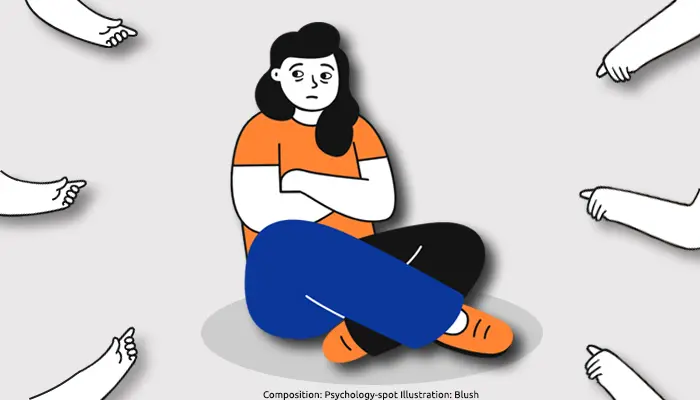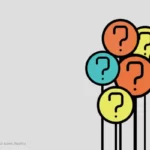
There was a time when the maxim was “live and let live”. In those times – which today seem very remote – everyone had to take care of his own business. Acting as judge of others was not very well seen. Each one had his life and lived it his way.
At some point – I suspect coinciding with the popularization of social networks – more and more people began to assign themselves the right to express their opinion about others. Then the monster started growing. In a second moment, those opinions went to the level of criticism and today they have become authentic social stonings that will become part of the annals of the cancel culture.
However, the truth is that many of these accusatory campaigns do not hide a genuine desire for social betterment – despite the fact that they proclaim it to be so – but tend to find their roots in a much more complex psychological phenomenon called guilt socialization.
The socialization of guilt or the art of avoiding responsibilities
The socialization of guilt occurs when we project our feelings of guilt onto others. Our Judeo-Christian roots place good and evil within each person, regardless of their circumstances. However, since the evil inclination carries with it the seed of guilt, a feeling that we find unbearable, we try to project it outside of ourselves.
At the individual level, this projection of guilt is almost uncontrollable, barely conscious, and not very rational. However, on a social level it is often used consciously as a throwing weapon to hide one’s own “sins”. Thus we end up pointing the accusing finger at others.
We make a lot of noise. The more, the better. We fill society – and social networks – with a rumination of grievances and accusations overloaded with emotionality with a flimsy logic whose sole objective is to project blame onto others or circumstances, whatever is most convenient in order to reject one’s own responsibility.
In fact, guilt is socialized when there is no recognition of one’s own mistakes. When we do not have enough wisdom or integrity, we try to point it out to others to prevent eyes from falling on ourselves. Thus we end up turning other groups or individuals into scapegoats while taking advantage of social blindness to assume the role of ruthless judges.
Pointing fingers at others, a smokescreen to hide one’s own shadows
The French writer Jules Renard said that “our criticism consists in reproaching others for not having the qualities that we believe we have.” He was not wrong. Those who point fingers at others – sometimes even with first and last name or after a viral hashtag – are often seen as a kind of “morality police”. They become judges willing to watch over the “common good” and severely judge others, hastening to impose their rules to divert attention from their shadows and errors. They are able to see the speck in the other’s eye, but ignore the beam in their own.
Today, the tactic of pointing fingers is often used to justify certain policies. Cover up certain blunders. Give certain opinions as valid… In this way, while part of the inflamed society keeps busy stoning the scapegoat of the moment, those who have started the witch hunt have a free way.
Obviously, pointing fingers at others does not make us better people, much less when we do it from arrogance and presumption, assuming that our values and way of seeing the world are the only possible ones.
Thus, without realizing it, things are changing around us. We participate in social stoning in which it is difficult to know who has thrown the “deadly” stone. They have been all and it has not been any. Some of those stones – in the form of sarcastic phrases or “witty” memes – shock and hurt. Others pass by.
Between so many shots, the distribution of blame is so extensive that it ends up dissolving and almost always leads to the acquittal of the perpetrators and supporters. While all this is happening, we become impoverished as a society reincarnating the hordes of “good people” who used to burn witches at the stake, and now stone those who do not think like them on social networks.
Source:
Eisenberg, N. et. Al. (2000) Emotion, regulation, and moral development. Annu Rev Psychol; 51: 665-697.



